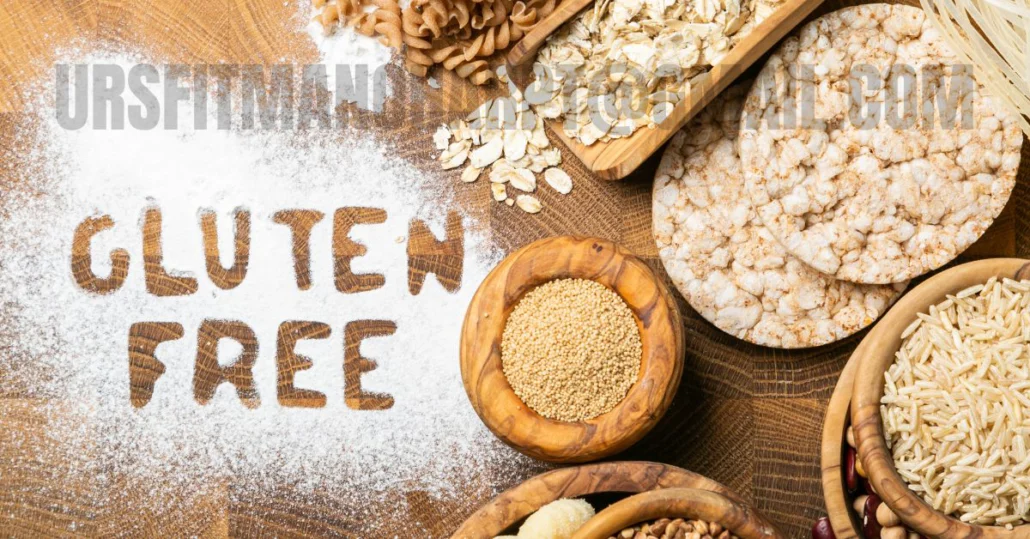It’s a type of diet that excludes gluten, a protein found in wheat, barley, and rye. It is necessary for people with celiac disease or gluten sensitivity, but it may not be suitable for everyone. Here are some pros and cons of a gluten-free diet:
Pros:
- Management of celiac disease: A gluten-free diet is necessary for people with celiac disease to manage symptoms and prevent long-term complications.
- Improvement of gluten sensitivity: A gluten-free diet can improve symptoms in people with non-celiac gluten sensitivity.
- Potential weight loss: A gluten-free diet may lead to weight loss due to the elimination of processed foods that often contain gluten.
- Increased nutrient intake: A well-planned gluten-free diet can increase nutrient intake, particularly fiber, vitamins, and minerals found in gluten-free whole grains and other plant-based foods.
Cons:
- Nutrient deficiencies: A poorly planned gluten-free diet can result in nutrient deficiencies, particularly fiber, iron, calcium, and B vitamins found in fortified wheat products.
- Limited food choices: A gluten-free diet restricts wheat, barley, and rye, which can make it difficult to find suitable alternatives and may lead to limited food choices.
- Expense: Gluten-free products are often more expensive than their gluten-containing counterparts, which can make it more difficult to maintain a gluten-free diet on a budget.
- Social isolation: Social events centered around food may be difficult to navigate while practicing a gluten-free diet, which can lead to social isolation and exclusion.
It is important to note that a well-planned gluten-free diet can be a healthy and necessary way of eating for some people, but it may not be suitable for everyone. It is important to consult with a healthcare provider or registered dietitian to determine if a gluten-free diet is a suitable approach for your individual needs and lifestyle.


















